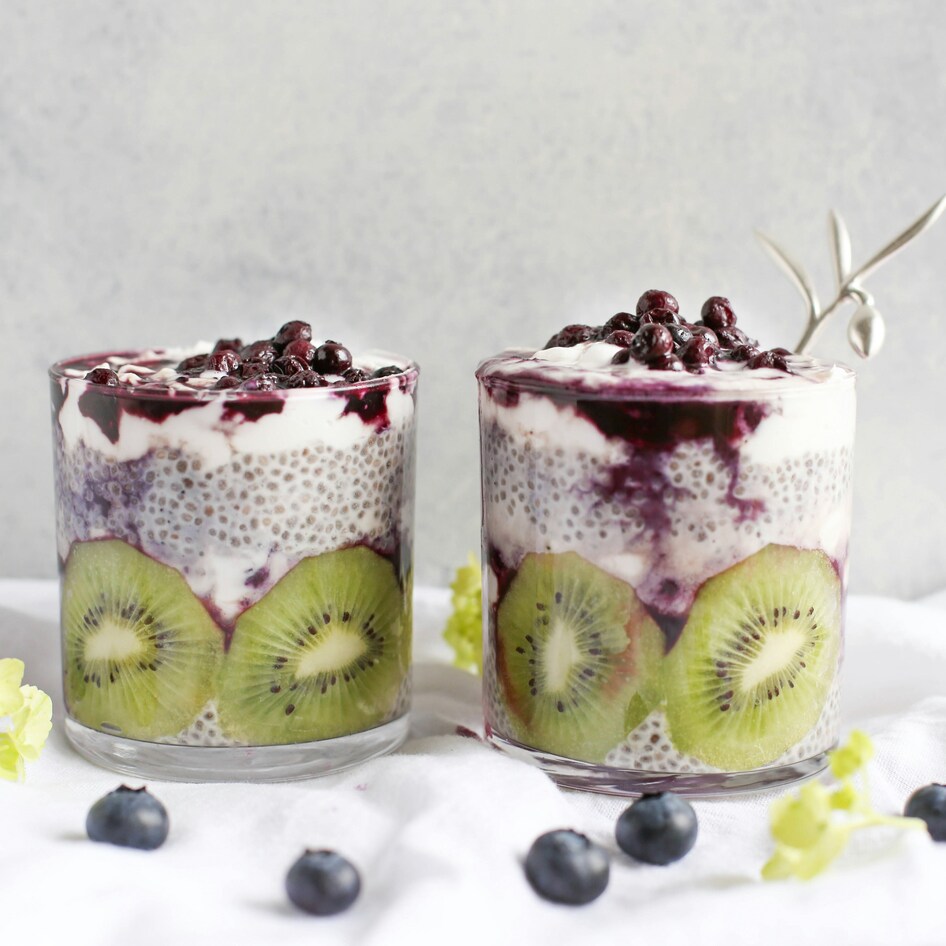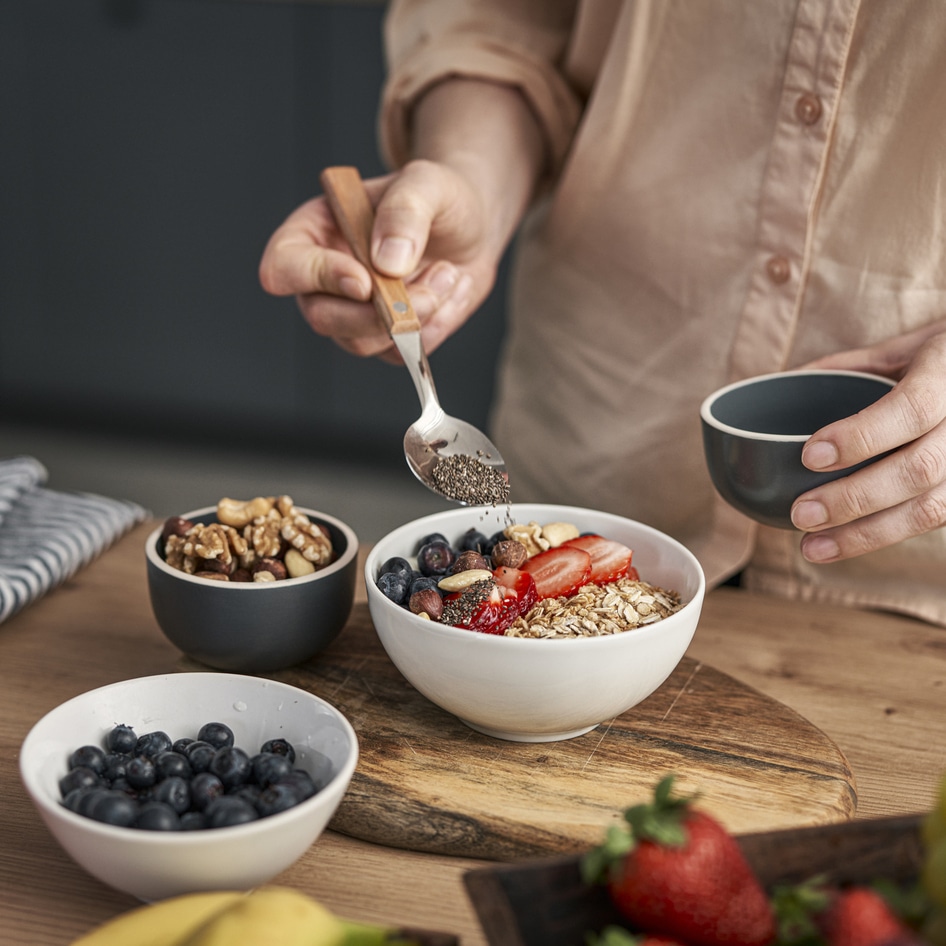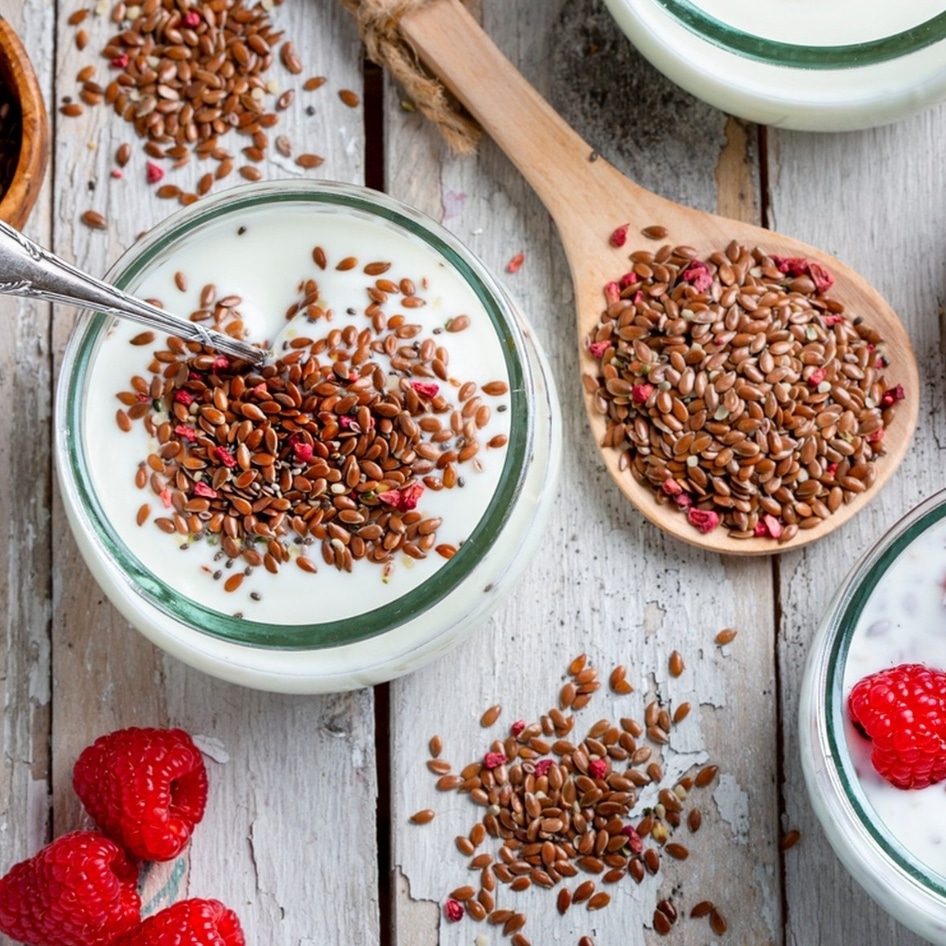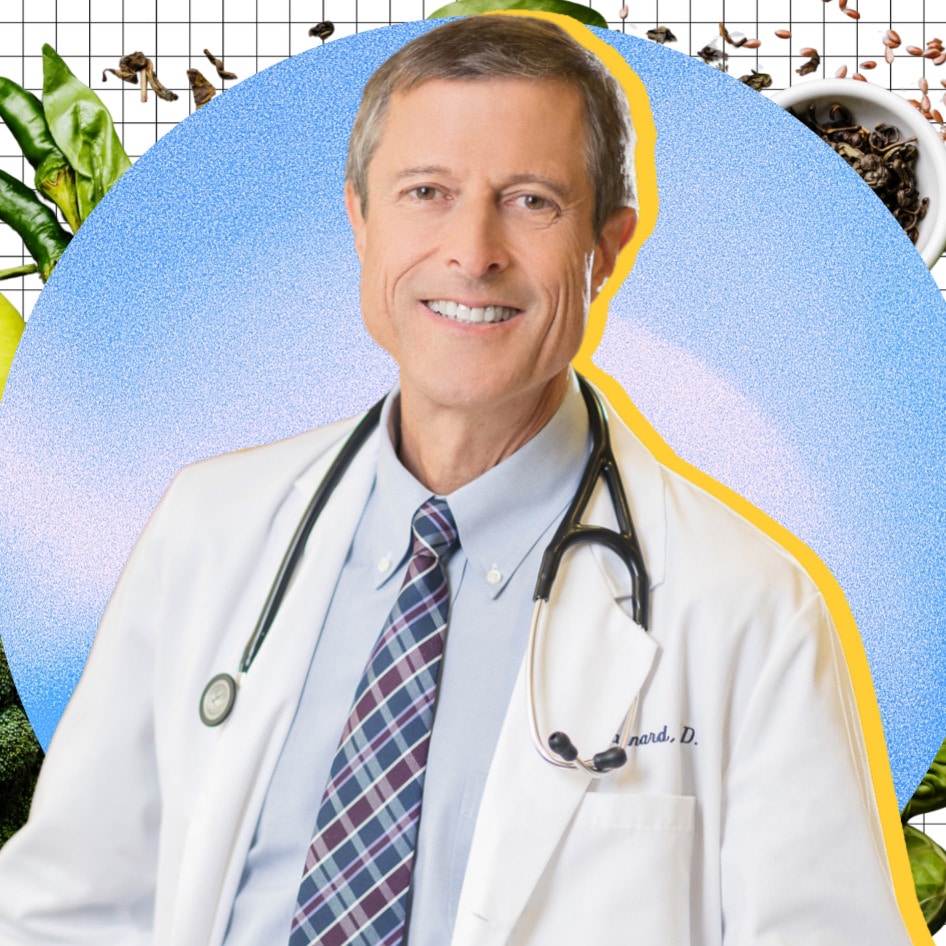While research such as the Adventist Health Study demonstrates that veganism can prevent chronic diseases like type 2 diabetes better than any other diet, good health is not guaranteed by eating nothing but plant-based foods. Furthermore, additional health advantages of a vegan diet are well established from large scientific studies (not to mention the positive effects a cruelty-free lifestyle creates in terms of compassion toward animals and limiting environmental damage). These health benefits are the focus of my cardiology clinic and the reason my son Daniel and I opened GreenSpace Café, one of the the largest vegan restaurants in the country. Thanks to testimonials by professional tennis player Venus Williams, television personality Dr. Oz, and evangelist Franklin Graham, the growth of the vegan movement in the past few years has created an increase of new restaurants, festivals, and new product lines. Still, in my professional life as a cardiologist, I see pitfalls that people fall into, even if they’ve been vegan for years. Based on what I’ve seen, here are the four vegan mistakes to avoid to ensure you live the best life possible.
1. Assuming vegans never get sick
The running world learned a lesson in the 1970s when best-selling author and marathoner Jim Fixx dropped dead of advanced heart blockages in his early 50s (Fixx was known to boast that he could eat anything he wanted to because he ran so many miles). A similar phenomenon can be a trap for vegans because lower rates of chronic diseases are not the same as no risk. Vegans can get cancer, heart disease, diabetes, dementia, and other serious disorders, and because many current vegans ate a meat-based diet for many years before they adopted their new plan, silent problems might have been initiated. New vegans and those motivated by ethics often consume too many processed foods high in oils, trans-fats, sugars, and added salt. Similar to everyone else, vegans need cancer screenings (such as colonoscopies), comprehensive lab studies, and imaging for silent heart disease to ensure optimal health.
2. Not adopting a healthy lifestyle
While a whole-food, plant-based diet low in added oil is a very healthy choice, it is just one part of an overall plan for optimal health. Pioneering studies by Dean Ornish, MD, called the Lifestyle Heart Trial combined a vegan diet with exercise, stress reduction, yoga, social support, and cessation of smoking to reverse advanced heart disease. Similarly, vegans searching for elite health need to fit some form of workouts into their schedules. Furthermore, sleeping approximately eight hours a night reduces the risk of heart disease substantially compared with those sleeping less than five hours. Trying to eat a perfect vegan diet can be stressful and bring on endless comments from co-workers, family, and friends, which is why a strategy to manage stress—whether it’s a breathing practice, yoga, religion, music, or social support—is a key to health for all.
3. Not supplementing
In my advanced preventive cardiology clinic, I measure blood and skin levels of many nutrients that go beyond the usual lab panel, and both omnivores and vegans that I see are frequently low in nutrients. Vegans are often low in omega-3, iodine, taurine (as are most omnivores), and vitamins B-12, D, and K2. In my view, obtaining the maximal benefit from a vegan diet requires attention to these nutrients, and there are vegan supplements on the market that contain sufficient amounts of these vitamins. If whole-food sources are desired, omega-3 can be addressed by two tablespoons of ground flaxseeds daily with greens, walnuts, and chia seeds, while kelp and nori can supply iodine. Mushrooms and plant-based milks can be rich in vitamin D. Adequate iron can be an issue for vegans, but spinach, tofu, beans, lentils, and sunflower seeds are good sources. If you want to be sure you are getting proper amounts of these nutrients, ask your healthcare professional for a blood test for your B-12, D, iodine, and omega-3 levels.
4. Assuming a vegan label guarantees that the choice is healthy
While it might seem obvious that broccoli, potatoes, and beans are single-ingredient whole foods with hundreds of healthy nutrients and fiber (and hopefully no industrial chemicals), they are distinct from processed foods and fake meats with which many fill their vegan plates. A meal of soda, chips, and fried “chik’n” nuggets might constitute a tasty vegan lunch, but it is far from the concept of eating for health. A recent player on the vegan scene is jackfruit, which has the texture of meat but is a whole food. My restaurant serves jackfruit sliders on a whole-grain bun, and it is a crowd pleaser that retains a healthy profile. Processed grains in cookies, cakes, and breads—as opposed to 100-percent whole-grain options—can be a pitfall for vegans. I have described the emotional excitement of finding vegan food in challenging places such as an airport (something I call a ”vegasm)”, but taking a moment to read the ingredients before buying and eating the item is suggested.
Joel Kahn, MD, a Summa Cum Laude graduate of the University of Michigan School of Medicine, is founder of the Kahn Center for Cardiac Longevity and serves as Clinical Professor of Medicine at Wayne State University School of Medicine.
JUMP TO ... Latest News | Recipes | Guides | Health | Subscribe







